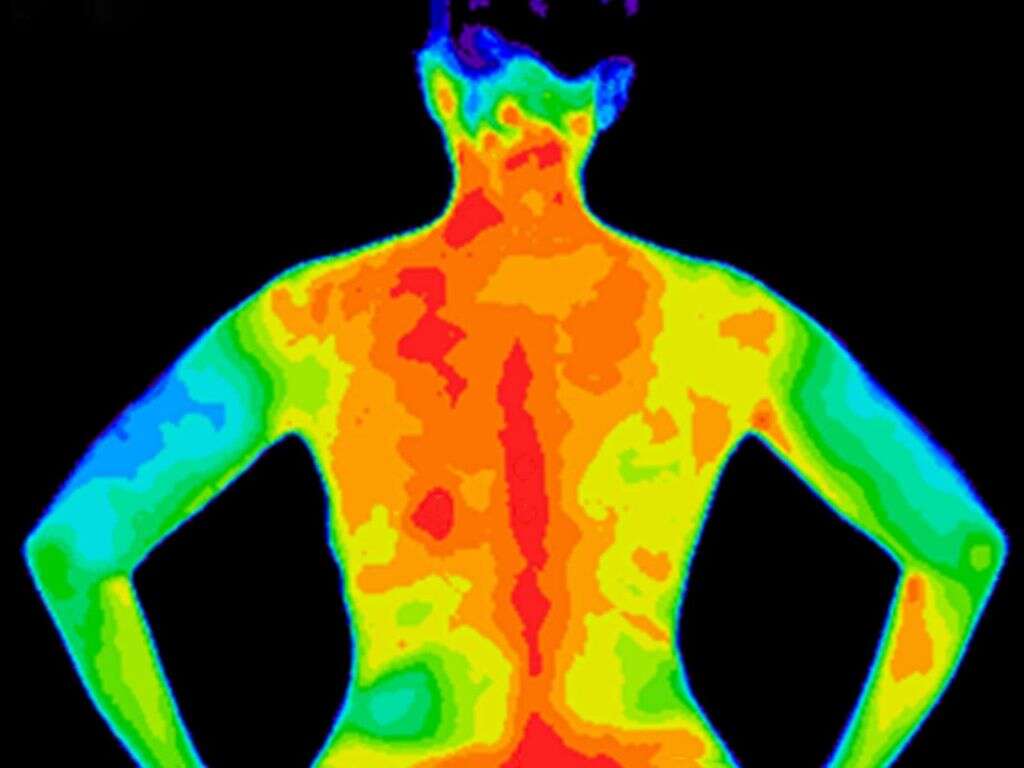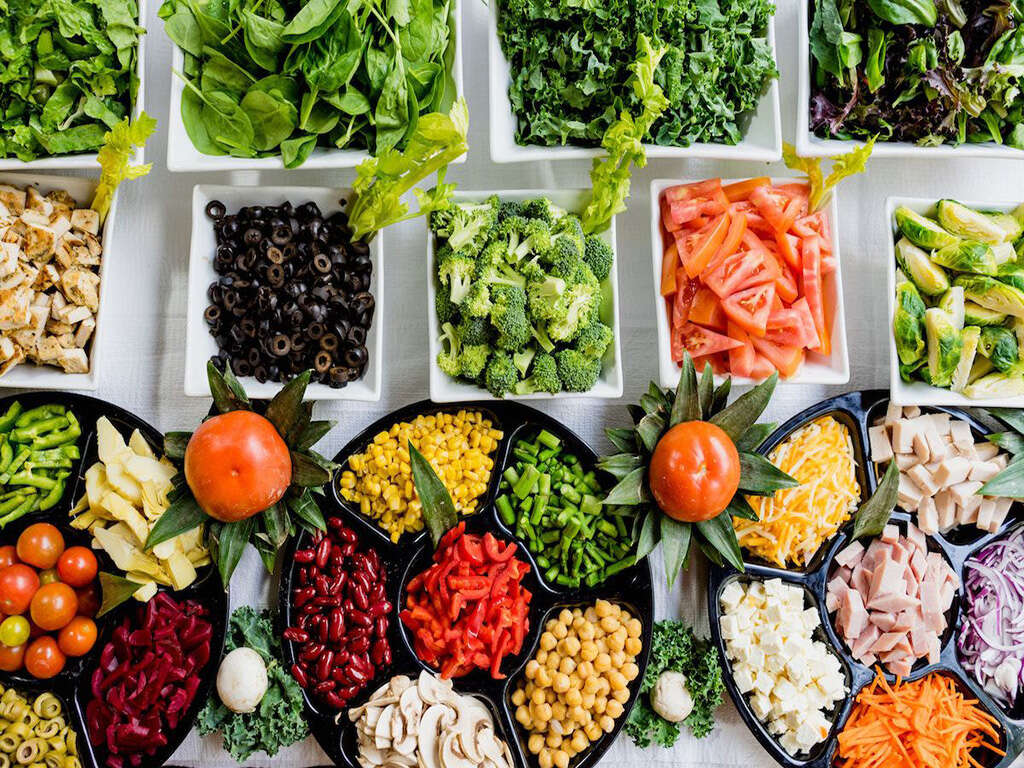What Is Gluten Sensitivity?
Some people are simply better at digesting certain foods than others are. A lot of people reading this will need to avoid spicy foods and/or fatty foods because they are likely to cause problems for them. While the problems might not be at all dangerous in the vast majority of the time, they can still be very uncomfortable.
Gluten is a type of protein that is found naturally occurring in certain grains. Some people have difficulty processing this protein and this can result in a number of unwelcome symptoms. These grains are often used in cooking, meaning that it is common for people with gluten sensitivity to be exposed to the grain.
1. Celiac Disease
Celiac disease is a particular type of gluten sensitivity, and is also the more severe variety. While the symptoms are often identical, and are caused by consuming gluten, the underlying mechanism for celiac disease is very different from other causes of gluten sensitivity. Indeed, celiac disease is actually a type of autoimmune condition.
An autoimmune condition is one where the patient’s own immune system attacks their body. In celiac disease, the immune system will attack the lining of the patient’s digestive system, potentially causing some serious problems. Regardless, people with both conditions will need to avoid eating gluten as much as possible.
2. Bread
As mentioned, gluten is a protein that is found in wheat. This means that wheat products are also likely to contain the substance. This includes one of the most common foods that is found throughout the planet, which is bread. For people with a sensitivity to gluten, bread can be completely off the menu.
While this can be very inconvenient for a lot of people, it does not mean to say that all bread is off the menu. Some bread can be made without using wheat or any other grain that contains gluten, and they can be just as delicious.

3. Pasta
Originating from Italy, pasta has become another staple food for many people around the world. It is very easy to use and can be combined with a number of ingredients. This means it can be used to help make a wide range of delicious dishes. However, it can be quite problematic for people with a gluten sensitivity.
Pasta is often made from wheat flour, and this means it is going to contain gluten. All is not lost, however, because not all pastas are made from gluten containing grains. Some are made from rice, for example, which contains no gluten whatsoever despite also being a grain.
4. Pastries
A delicious pastry is often irresistible after a good meal, or maybe even just as a snack. There are many different types from all over the world so there is bound to be something that anybody will enjoy. Even then, there are some people that will need to be very careful about eating them at all.
Most pastries are made from wheat which, again, means that they are going to be high in gluten content. Again, however, you should be able to find alternatives that don’t involve the use of grains that contain gluten. The same goes for other baked goods such as cakes, cookies, and pies.

5. Beer
Beer is one of the most commonly consumed beverages on the planet. It is popular in nations all over the world and is enjoyed by people from all walks of life. Even this popular drink is off bounds to a lot of people, however, including those that have a gluten intolerance.
Beer is usually brewed using wheat, among other things, and this means that it will include gluten. Gluten free beer alternatives are available, however, so you don’t have to miss out altogether. Be mindful also that other popular alcoholic drinks are also made from wheat and will therefore contain gluten.
6. Stomach Problems
Perhaps the most common symptom of gluten sensitivity is that the patient will develop certain stomach problems. One of these is bloating as difficulty digesting the protein results in more than usual gas being produced in the digestive system. It is also common for patients to experience pain in the abdomen area that can be very uncomfortable indeed.
Constipation and diarrhea are also potential problems, and the patient can also find that their stools smell a lot worse than they usually would. It can also lead to potentially embarrassing flatulence. Patients can also find that they experience sudden and otherwise unexplained weight loss.

7. Headaches
Headaches are among the most common symptoms that people will experience. There are many potential causes for them, and we will often not be aware of the exact cause behind them. They are usually only quite mild, but they can be debilitating when they are severe enough.
People with a gluten sensitivity will sometimes experience headaches after consuming the protein. Another potential symptom is fatigue where the patient will feel tired no matter how much rest they get. This is partly because a sensitivity to gluten can also result in iron-deficiency anemia. Avoiding eating gluten should hopefully prevent these symptoms from happening.
8. Skin Problems
Some people will spend a lot of time and money on keeping their skin as beautiful as they possibly can, but it is not easy for a lot of people. Many have skin that is just not as naturally beautiful as they would like it. Some people also have certain medical conditions that can result in rashes and other blemishes on the skin.
People with a sensitivity to gluten can find that they develop skin conditions like psoriasis and urticaria when they consume the protein. This can occur in some very visible places, and this can make patients very conscious of their physical appearance.

9. Depression
There is a very close link between the health of the digestive system and our mental health. This means that gluten sensitivity can lead to a drop in mental health in some cases. Some people with the condition might even go on to develop depression. Anxiety is another symptom that is often experienced by people that have an intolerance to gluten.
Depression is a very serious condition that should always be taken very seriously, as should anxiety. Many people do take their lives every year due to depression, and it is one of the biggest killers of people that are otherwise healthy.
10. Treatment
There is no known cure for gluten sensitivity. People with the condition will need to continue to avoid gluten to help prevent symptoms from developing. Thankfully, there are many products on the market that allow people with a gluten sensitivity to enjoy a nutritious, delicious, and varied diet.
Treatment is available, however, for people that suffer from certain symptoms of gluten sensitivity. If the condition results in iron-deficiency anemia, for example, then supplements can help replace the lost iron. Lotions are also available for certain skin conditions, while medications are also available for other symptoms like bloating, diarrhea, and constipation.








